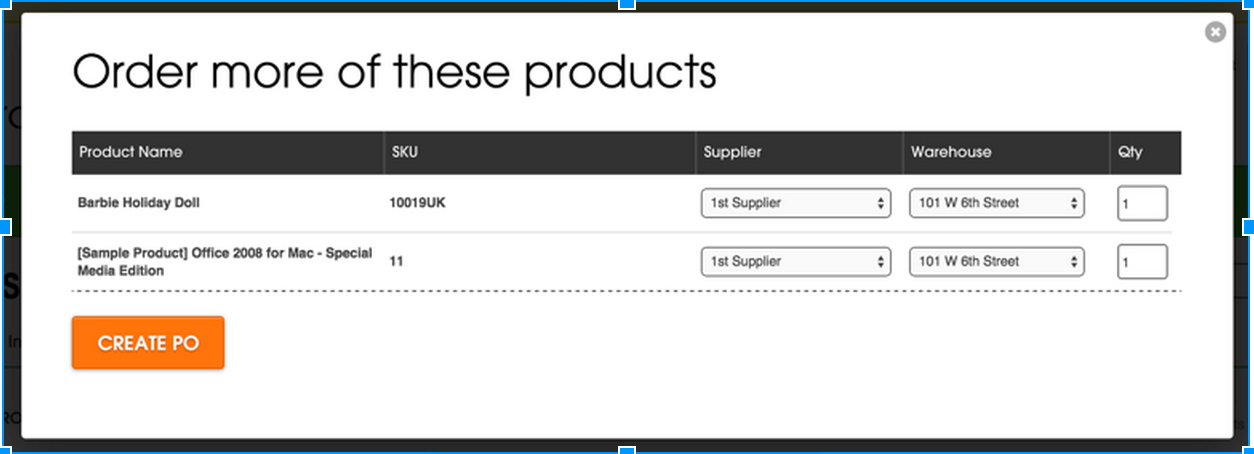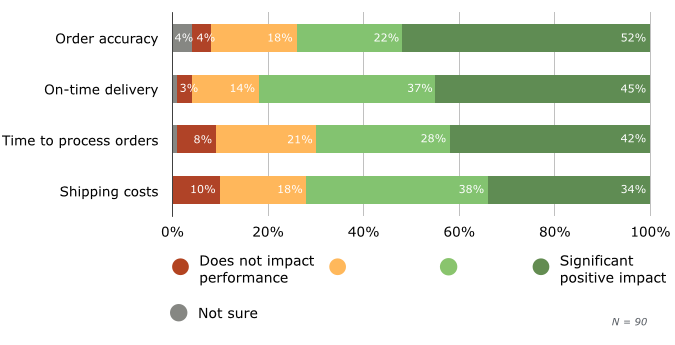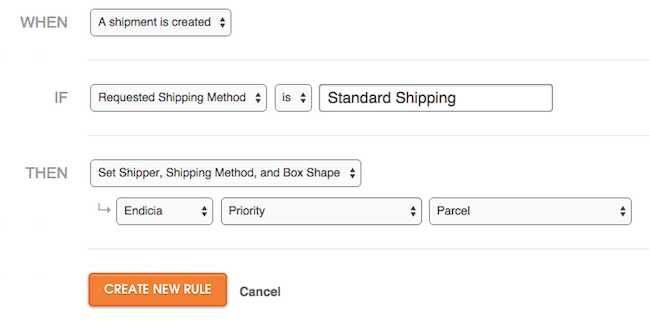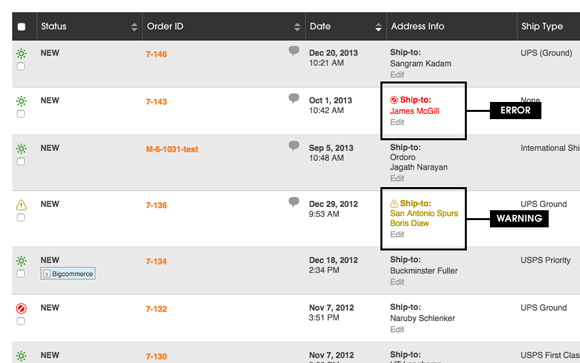As Fall slowly approaches, businesses start seeing red and green with the holiday season on the horizon. But won’t people please think of the children? Back-to-school season – from elementary school to college – is in full swing, and it’s certainly not a time for online retailers to take a…
This weekend is sales tax free. But not-so-long ago, in a galaxy not-so-far away… The Sales Tax Wars. For the past couple of years following the destruction of the Marketplace Fairness Act (MFA), the ecommerce alliance has flourished with all signs indicating continued growth. In 2013, the Marketplace Fairness…
We were about to say we’ve been sweating over the small stuff lately, but frankly, some of the recent work we’ve been doing hasn’t been all that miniscule. The following updates should have a positive impact on the way you run your business, and there’s a bit for…
Order management systems are the center of the ecommerce wheel that keep all the integrations, or spokes, connected and turning. And using one can have a considerable impact on an ecommerce merchant’s operations. According to a research study performed by Software Advice, a software consulting company, there are significant…
The ability to sift through a wealth of data for valuable information can seriously impact a business’ success. In some cases, it drives merchants’ every action. We get it – and that’s why we’re releasing our own Advanced Analytics to help you dig up truly actionable insights…
Just in time fulfillment (oftentimes referred to as JIT fulfillment) is a method of managing your inventory and shipping that involves purchasing product as orders come in, packaging, and sending them off to customers on your own. It’s definitely an uncommon strategy for most merchants, and there are some pros and cons…
An outsourced warehouse is a popular fulfillment strategy for many entrepreneurs, especially those that have a high quantity of products to be stored. Essentially, it involves taking your inventory and shipping operations, and moving them to privately owned warehouse that receives orders and ships them off to customers. Like in-house…
Ever see yourself doing the same tasks over and over again? Ever wonder if you could have a robot do them for you? Are you hooked on to the little life hacks that IFTTT lets you create? Well, we are. Inspired by that and with our commitment to…
Although difficult to validate, it is believed that about 1% of all packages shipped are lost in the delivery process. A large chunck of these can be attributed to inconsistencies in specifying the shipping address. For an ecommerce merchant these errors eat away at profit margins, but more…
Running a business is the act of creating value for customers, and capturing it for shareholders, through a sustainable competitive advantage. The key to developing and sustaining a competitive advantage is to pursue a specific strategy. In the classical definition, Michael Porter broadly outline three different strategies: Differentiation strategy, low-cost strategy and focus strategy. All…










